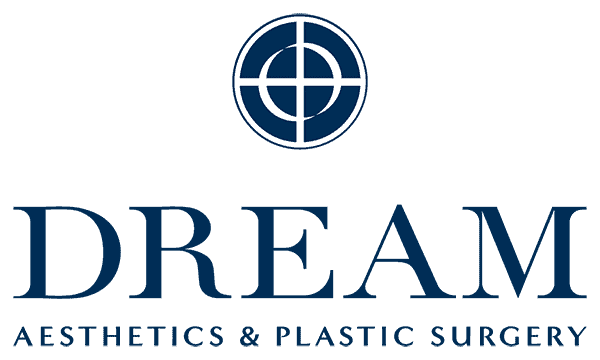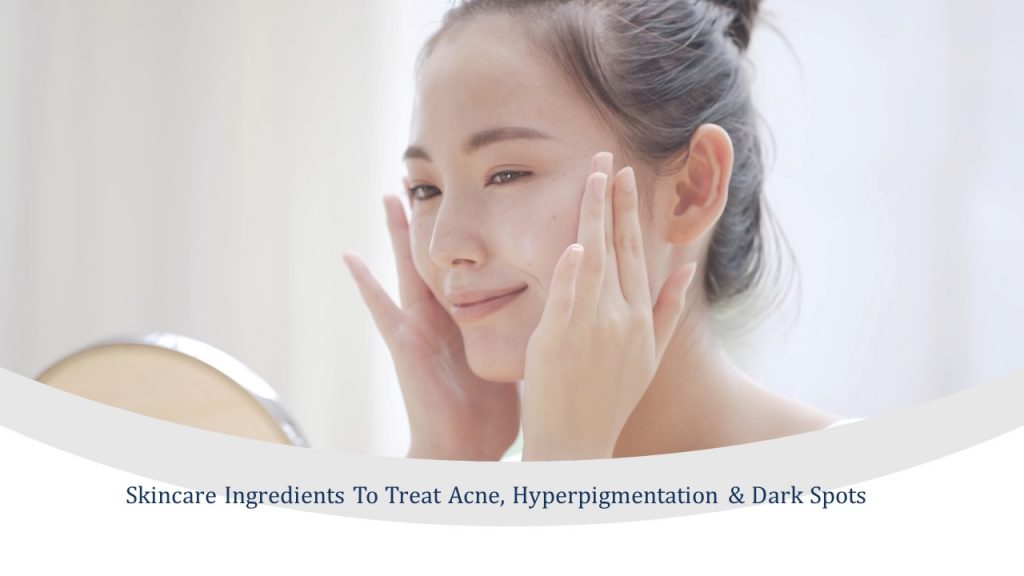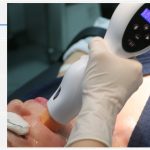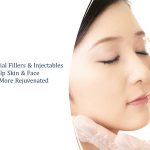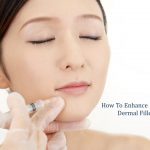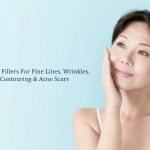Are you tired of the painful acne breakouts and dark, patchy spots on your skin? Do you feel a deficiency of confidence due to the uneven skin and scars that dim your personality? Read on to be acquainted with the home remedies for pigmentation.
Smooth and clear skin is what all of us desire. Yet, several factors don’t let us enjoy the skin’s subtleness, and most of us lose our skin youthfulness even at a young age. These factors include:
- Excessive exposure to the sun’s harmful rays
- Natural or drug-induced hormonal disturbance
- Skin inflammation due to a surgical scar, acne, or injury
- Certain health conditions such as gastrointestinal issues, autoimmune diseases, and certain metabolic issues
- Genetic predisposition
Although there is a lot that supposedly downregulates your beauty, it is not the end of the world, as every problem comes with a solution. We’ve got you covered with the options available for pigmentation treatment in Singapore.
What Is Considered Hyperpigmentation?
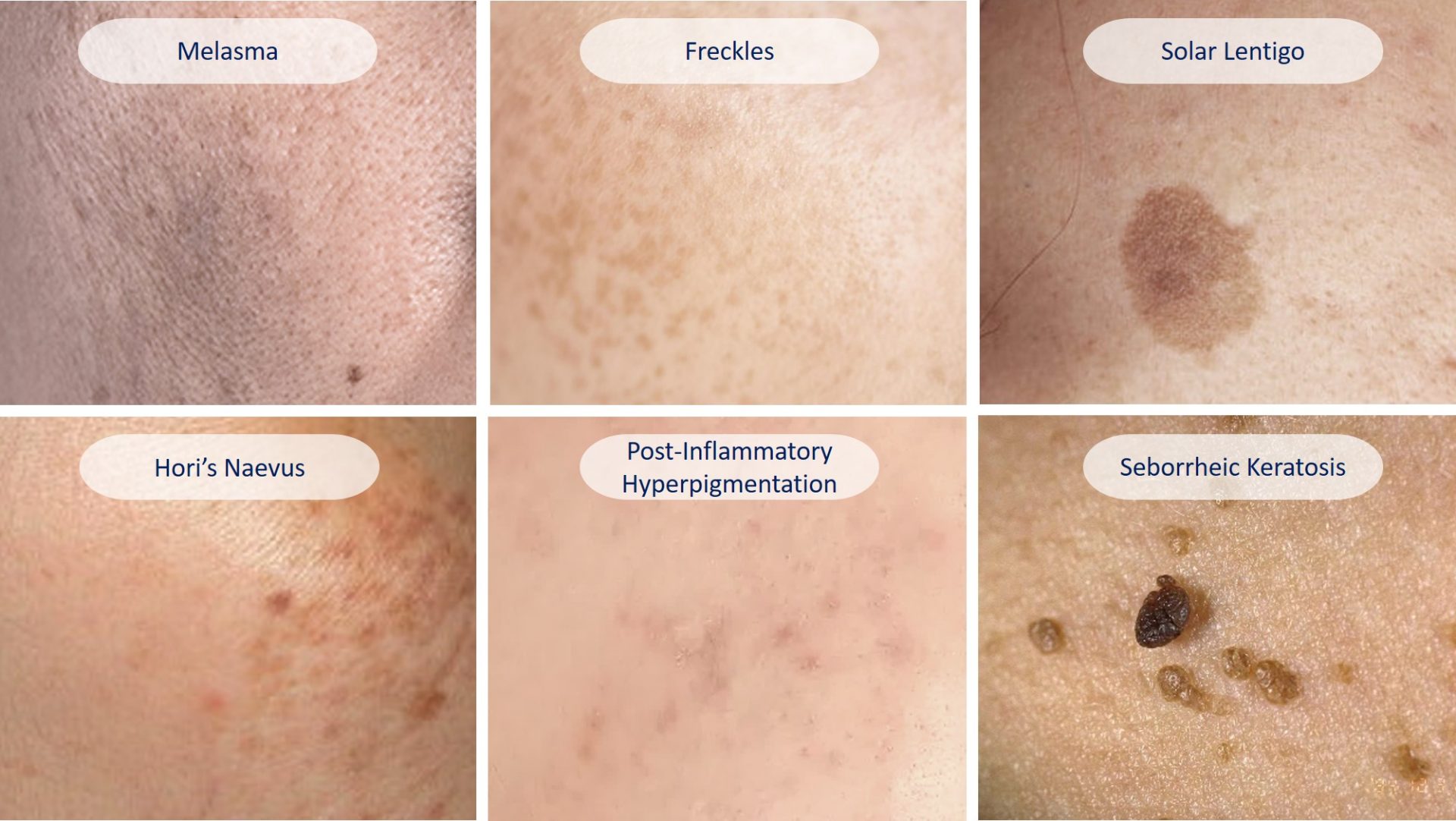
Hyperpigmentation is the excess deposition of a pigment called melanin onto your skin surface. Melanin is produced in the skin cells known as melanocytes due to a particular irritant, as mentioned above. This includes acne scars which remain as dark spot remnants on your skin.
The most common pigmentation types include:
- Melasma
- Freckles
- Solar Lentigo
- Hori’s naevus
- Post-inflammatory Hyperpigmentation (PIH)
- Seborrheic keratosis (“age-spots”)
Pigmentation not only affects your face but also other parts of your body, depending upon its cause. If it occurs due to the sun, the parts exposed to sunlight develop dark spots, whereas pigmentation due to genetics can also occur in body areas that do not get sun exposure. You can try home remedies for pigmentation to get clearer skin.
There Are So Many Skin Care Products. How Do I Choose One For Pigmentation?
There is a plethora of skincare products and home remedies available in the market and your kitchen inventory. If you are wondering which of these will best suit you, here’s a list of ingredients that can help you get your answer.
I. Vitamin C
How does it work?
Vitamin C works by restricting the production of melanin to decrease hyperpigmentation. Vitamin C is said to block the tyrosinase enzyme that is used by your body to block melanin production, thus brightening your skin. Vitamin C also serves as an antioxidant, scavenging free radicals and preventing further skin damage.
A 2004 study reported that using ascorbic acid cream 5% (vitamin C) for a period of 16 weeks helped to decrease hyperpigmentation in 62.5% of subjects.
How should you use it?
Using vitamin C daily is considered safe for use for inflammation or acne treatment. However, those who have sensitive skin may have some skin redness stinging sensation.
Several forms of vitamin C are available, including magnesium ascorbyl phosphate, ascorbic acid sulfate, and ascorbyl palmitate. These forms are generally found in vitamin C serums and creams.
II. Kojic Acid
How does it work?
Kojic acid is produced as a byproduct of the fermentation of several fungi types. Like vitamin C, Kojic acid inhibits the tyrosinase enzymes. Working as an antioxidant, kojic acid provides protection to the skin from contaminants in the environment. While Kojic acid comes from a natural source, there are certain side effects it can cause, including swelling and redness.
How should you use it?
Kojic acid is used as a key ingredient used in several therapeutic serums, creams, exfoliating pads, and gels. Generally, it is found in cosmetic products in concentrations ranging between 1% and 4%. The skin response to Kojic acid is different from one individual to the other. Thus, you must do a patch test on your skin before using it regularly on your face.

III. Retinol
How does it work?
Retinol is a kind of vitamin A and a chief ingredient for treating hyperpigmentation. Retinol serves to relieve hyperpigmentation with the help of cell turnover through which older, darker skin cells are exfoliated, and newer cells are brought to the surface.
How should you use it?
A stronger form of retinol, called Tretinoin, can be obtained with prescription in concentrations from 1% to 0.05%. Milder concentrations, including retinaldehyde and retinyl palmitate, are available as over-the-counter products. For noticeable results, you should use retinol for a couple of months. However, it should not be used during pregnancy, as retinoids can lead to birth defects.
IV. Niacinamide
How does it work?
Serving as a kind of vitamin B3, Niacinamide has a role to play in cell metabolism. Applying B3 topically can cause interruption of the cell pigmentation process, thereby brightening the skin. Further, it can be utilized for the treatment of acne, leading to the prevention of hyperpigmentation or scarring in the future.
How should you use it?
Niacinamide can be used daily as an over-the-counter product found in serums and creams. Experts recommend using niacinamide in combination with other skin brightening agents, including retinol and vitamin C, for best results.
V. Azelaic Acid
How does it work?
Grains such as rye and barley contain an organic acid called Azelaic acid. It possesses anti-inflammatory potential and can decrease the production of melanin in your skin. Being milder as compared to other acids, Azelaic acid is considered safe for use even during pregnancy, as opposed to retinoids. Hence, azelaic acid serves as an excellent alternative for pregnant women who often suffer from melasma due to hormonal disturbance.
How should you use it?
Azelaic acid is an ingredient that is generally present in prescription strengths in gels and creams. Further lower-grade options are found as over-the-counter creams and serums. You can apply it daily on your skin at a concentration of 20% to treat hyperpigmentation.
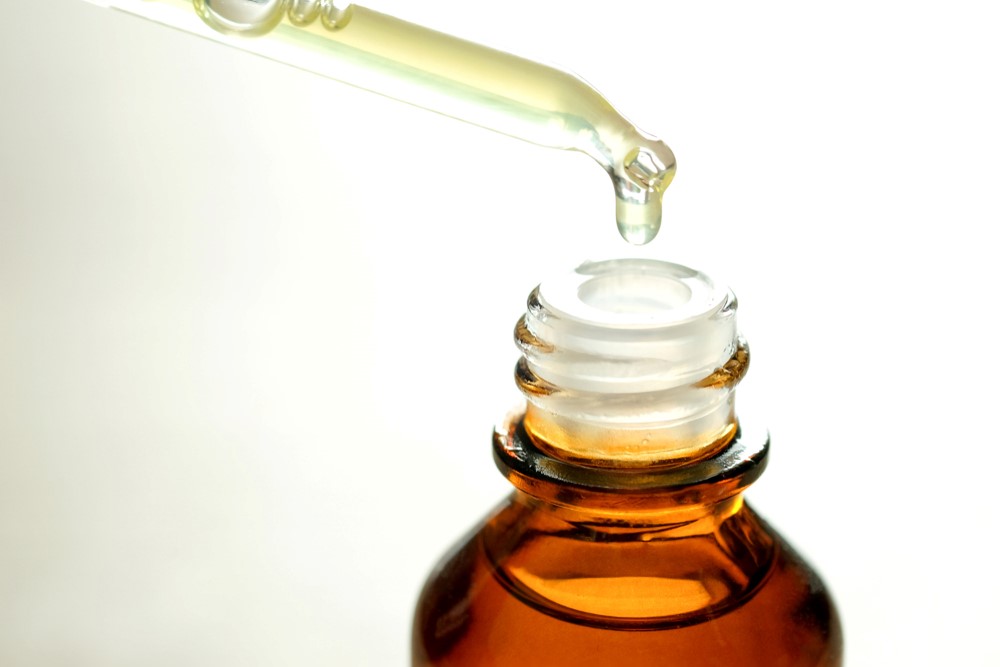
VI. Mandelic Acid
How does it work?
Being an alpha-hydroxy acid (AHA), mandelic acid can be utilized in chemical peels and can also be found in over-the-counter beauty products. According to a 2019 study, using a chemical peel of mandelic acid twice a week can decrease post-inflammatory hyperpigmentation more efficiently as compared to other constituents such as phytic acid or glycolic acid.
How should you use it?
Cases of hyperpigmentation that occur because of acne can be treated with mandelic acid, helping to reduce breakouts and brightening the skin. However, overusing mandelic acid can possibly lead to skin burn. So, you should not use it more than two times a week for optimum results.
VII. Arbutin
How does it work?
Arbutin is a naturally obtained from dried pear, bearberry, or blueberry tree leaves. They function as tyrosinase inhibitors to provide skin lightening and brightening effects. With regular use, arbutin produces better results than other ingredients, e.g., Kojic acid.
How should you use it?
Several over-the-counter serums and creams contain arbutin as a key ingredient for pigmentation treatment Singapore. A small number of studies show how long arbutin takes to produce its effects, but users have reported that 1 -2 months’ use will show the results.
VIII. Cysteamine
How does it work?
Cysteamine serves as a skin-lightening agent in creams at a 5% concentration. Cysteamine hydrochloride is L-cysteine’s metabolite that blocks the synthesis of melanin. It can be applied topically to treat hyperpigmentation disorders, including post-inflammatory hyperpigmentation, melasma, and lentigines. Cysteamine also works to brighten the skin complexion. It comes in tubes of 50 grams weight.
How should you use it?
Cysteamine cream can be used for topical application in any season throughout the year and is suitable for all skin types. You should apply cysteamine cream to the dark spots on your face once a day and wash it off with soap and water after 15 – 20 minutes. Dry the skin gently and apply a moisturizer.
Use regularly for six weeks, after which noticeable difference can be seen on your skin. You can also increase the application time if there is no sensitivity or irritation.
Best results may occur after about 8 – 12 weeks. For maintenance of the results after 12 weeks, apply the cream at least twice a week.
Other Good Habits To Prevent Darkening Of Pigmentations
Regardless of using any creams and serums to remove pigmentation, there are certain habits that you should add to your lifestyle for consistent outcomes. These habits include limiting sun exposure to your skin. You can do this by wearing a hat when going out in the sun. Besides, regular application of sunscreen is also essential, particularly when using these creams, as they may make your skin prone to sun damage.
Any Reactions To Look Out For When Using Skincare With Those Ingredients?

While using these natural home remedies is generally considered safe, they may be associated with certain side effects. Although these side effects are mild, they include:
- Skin rash
- Redness
- Itching
- Dry skin
- Skin allergy
Takeaways
Always do a patch test when considering starting using a product or remedy. Avoid going out in the sun when you’ve applied any products or remedies to prevent a reaction.
What’s essential for pigmentation treatment in Singapore is to consult a board-certified physician to identify your skin type and know in detail what kind of products will suit you the best. If home remedies yield unsatisfactory results, you may want to consider medical grade treatments such as laser treatments or prescriptive medication.
About Dream Aesthetics and Plastic Surgery
Bespoke surgical for cosmetic or medical reasons is what Dream covers to bring out the beauty in every individual. Going beyond the aesthetics and working on physical anomalies are what we value the most in leading our patients to cherish self-improvement and confident lifestyles.
Derived from Associate Professor Vincent Yeow’s long-standing experience performing plastic surgery in Singapore, our treatment plans deliver physical remodelling in our patients’ favour. One of the notable remodellings is droopy eyelid correction. The ptosis surgery used for treatment eventually fixes drooping eyelids, improves vision and enhances appearance.
Most importantly, as a trustworthy plastic surgery and aesthetic clinic, we treasure positive and natural outcomes for each individual. We will ensure to deliver the beauty refinement of your dream without compromising your safety and privacy.
References:
- Mahrous M. Cysteamine cream. DermNet NZ. Apr, 2017. https://dermnetnz.org/topics/cysteamine-cream/
- Cobb C. How to Treat Acne-Related Hyperpigmentation. Healthline. Mar, 2019. https://www.healthline.com/health/beauty-skin-care/hyperpigmentation-acne
- Cobb C. How to Remove Dark Spots from Pimples. Healthline. Aug, 2019. https://www.healthline.com/health/beauty-skin-care/how-to-remove-dark-spots-caused-by-pimples
